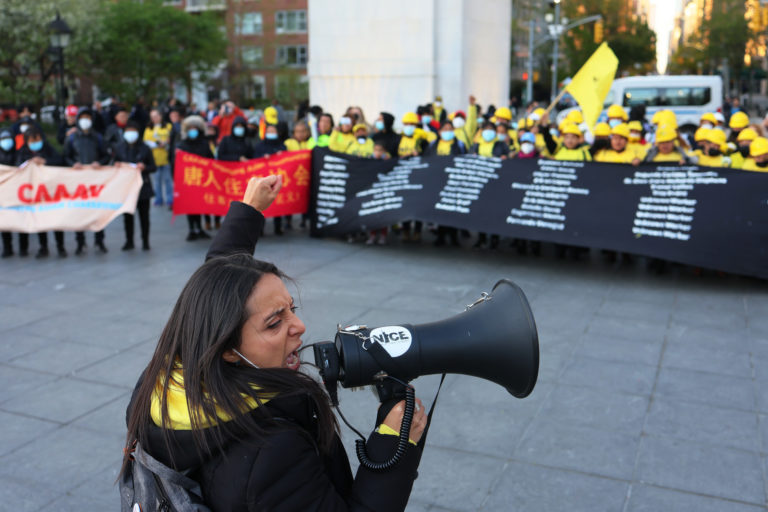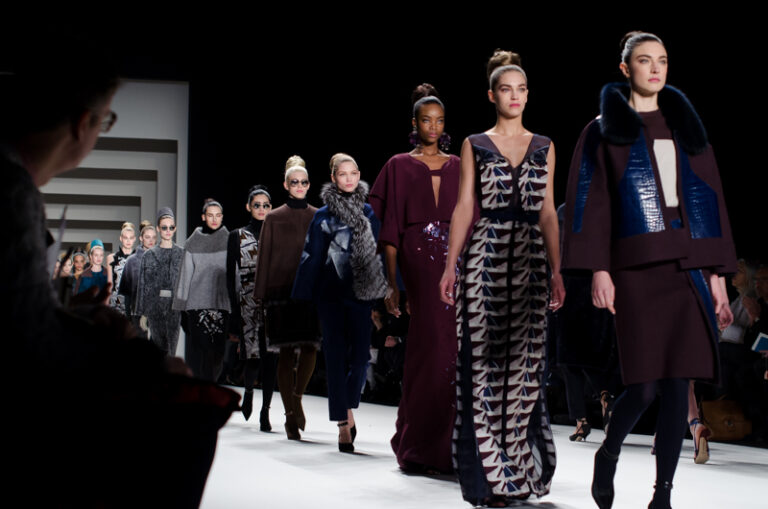
Nicholas Anway is a student at Harvard Law School.
In today’s news and commentary: The NLRB battles Whole Foods over workers’ Black Lives Matter apparel; the New York Times details the rise of the worker productivity score; and as temperatures rise, industries fight against heat safeguards for workers.
The National Labor Relations Board (“NLRB”) is litigating a complaint against Whole Foods for terminating workers in at least six states for wearing Black Lives Matter (“BLM”) apparel in 2020, Bloomberg reports. Whole Foods argues that when its staffers were on the clock, their clothes were speaking for Whole Foods and that they were not authorized to speak about BLM. But the NLRB’s top prosecutor, Jennifer Abruzzo, argues that these workers are protected by the right of employees, even those without a union, to organize in an effort to change their working conditions. Employee speech about BLM, Abruzzo argues, is protected because it is relevant to employees’ “mutual aid or protection.” And Abruzzo counters that BLM is not too controversial to be allowed on employees’ apparel, as Whole Foods suggests. “That’s like saying, back in the ’50s, ‘We have to keep Black people in the backroom because our customers don’t want a Black person,’ ” she told one reporter. “I don’t find that to be particularly persuasive.”
According to reporting by the New York Times, employees are increasingly being “tracked, recorded and ranked” as employers across industries seek efficiency and accountability gains from workers. “Eight of the 10 largest private U.S. employers track the productivity metrics of individual workers, many in real time,” the Times explains. Employee surveillance is increasingly common across job types, impacting both blue-collar and white-collar workers. “Architects, academic administrators, doctors, nursing home workers and lawyers described growing electronic surveillance over every minute of their workday.” Workers, “whether working remotely or in person, are subject to trackers, scores, ‘idle’ buttons, or just quiet, constantly accumulating records.” Although many employers claim that these surveillance measures lead to productivity increases, employees subjected to them echo the complaints that surveilled employees in lower paying positions have voiced for years: that “their jobs are relentless” and that “they don’t have control.”
Rising temperatures are increasing the need to keep workers safe from heat-related injuries. States like California and Washington have adopted workplace rules to address heat exposure. But the Washington Post reports that, “many other states’ attempts to mandate these protections have been blocked or weakened following opposition from industry groups representing agriculture, construction and other business interests, according to public records and those involved in efforts to craft new rules.” In Nevada, for example, workplace heat stress complaints nearly tripled from 2016 to 2021, but a heat safety regulation adopted by the state’s Occupational Safety and Health Administration has been stalled by industry groups for months. The Biden Administration’s plan to draft new heat rules for workers is likely to face similar resistance from the nation’s biggest companies.






Daily News & Commentary
Start your day with our roundup of the latest labor developments. See all
December 19
Labor law professors file an amici curiae and the NLRB regains quorum.
December 18
New Jersey adopts disparate impact rules; Teamsters oppose railroad merger; court pauses more shutdown layoffs.
December 17
The TSA suspends a labor union representing 47,000 officers for a second time; the Trump administration seeks to recruit over 1,000 artificial intelligence experts to the federal workforce; and the New York Times reports on the tumultuous changes that U.S. labor relations has seen over the past year.
December 16
Second Circuit affirms dismissal of former collegiate athletes’ antitrust suit; UPS will invest $120 million in truck-unloading robots; Sharon Block argues there are reasons for optimism about labor’s future.
December 15
Advocating a private right of action for the NLRA, 11th Circuit criticizes McDonnell Douglas, Congress considers amending WARN Act.
December 12
OH vetoes bill weakening child labor protections; UT repeals public-sector bargaining ban; SCOTUS takes up case on post-arbitration award jurisdiction